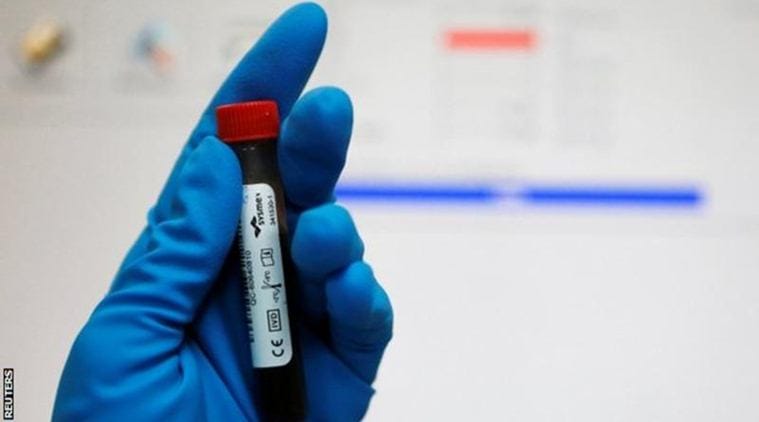
Young athletes at the Khelo India Youth Games have failed dope tests for banned substances which help suppress estrogen, the female sex hormone, and increase testosterone production, drugs that boost oxygen in the blood, masking agents, stimulants and old-fashioned anabolic steroids.
Six athletes across four sports; archery, track and field, wrestling and weightlifting, tested positive after the National Anti-doping Agency (NADA) swooped in to conduct tests during the youth games conducted in Pune in January. Of the six who tested positive, three are from wrestling, and one each from the other three sports.
There is the possibility of more positive cases tumbling out in the next few days because 32 test reports are still pending. In all, 476 samples were collected by NADA during the second edition of the Khelo India Games, a pet project of the ministry of youth affairs and sports.
One of the young wrestlers tested positive for a typical concoction of banned substances, an anabolic steroid which helps build muscle mass, a diuretic which helps wash out the drug and serves as a masking agent and a stimulant to boost alertness and reduce fatigue.
The first edition of the Khelo India Games held last year, restricted to Under-17 athletes, was also marred by 12 positive tests, including five gold medallists – three from wrestling and one each from gymnastics and volleyball. Four wrestlers, three boxers, two gymnasts and one athlete each from judo, volleyball and athletics had failed dope tests in 2017.
“The dope control programme held during the Khelo India Games was intended to nip the doping menace in the bud. We carried out more tests this year, 476 as compared to 377 last year during Khelo India, and made anti-doping education mandatory for the young athletes. Our focus is on preventive measures rather than punitive. However, sanctions would be necessary for reformation as well as deterrence,” NADA director general Navin Agarwal said.
Recently, a top sports administrator said that doping and age-fraud were the biggest ills of Indian sport, especially among budding athletes. “On top of that (age falsification), the athlete would have taken some forbidden substance and will be running world-class timings or senior timings. But when the athlete comes to the senior level, the (dope) testing increases because the athlete is in the camp. Now when all this happens, the performance starts going down, even with the best of training under foreign coaches the athlete is just about able to maintain that performance or do fractionally better. This is because he or she has already reached his peak. This is the biggest problem we have,” Athletics Federation of India president Adille Sumariwalla had told The Indian Express.
One of the high profile youth athletes to have failed a dope test recently was 16-year-old javelin thrower Rohit Yadav. The youngster had won a silver medal at the Asian Youth Athletics Championships in 2017 but tested positive for stanozolol, a banned anabolic steroid.
Spotlight on kabaddi
Two Pro-Kabaddi League (PKL) players are among five from the sport to have failed dope tests in 2018, according to latest figures with the NADA.
Since the inception of the PKL in 2014, five players have failed dope tests. In 2017, just one kabaddi player flunked, but in the preceding year 10 were caught of which five were from the popular but unregulated version of circle kabaddi.
“Our test plan is based on many factors and one of them is how popular a game is in the country. Now that Pro Kabaddi matches have become like the IPL and there is a huge amount of prize money and popularity for those who win, there is a propensity for the players to win come what may. Due to this, there is likelihood of doping as well,” Agarwal said.